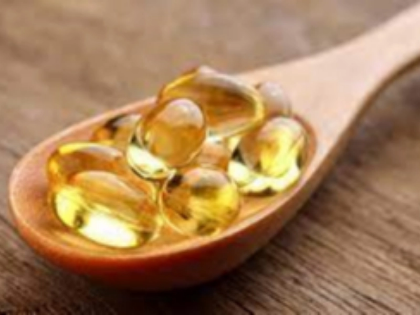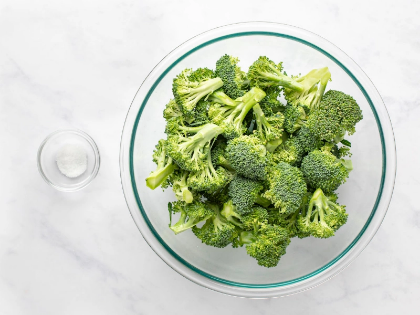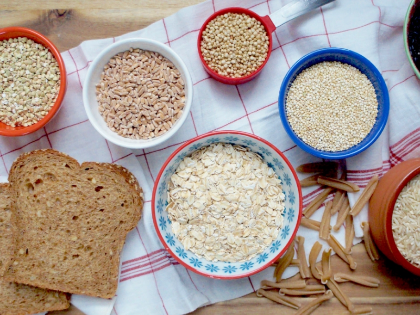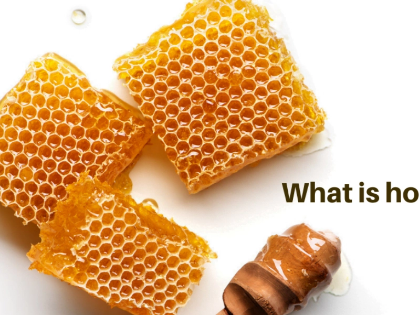Nuts and Menopause: Natural Support for Hormonal Changes
Advertisement
1. Gaining Knowledge on Menopause

Advertisement
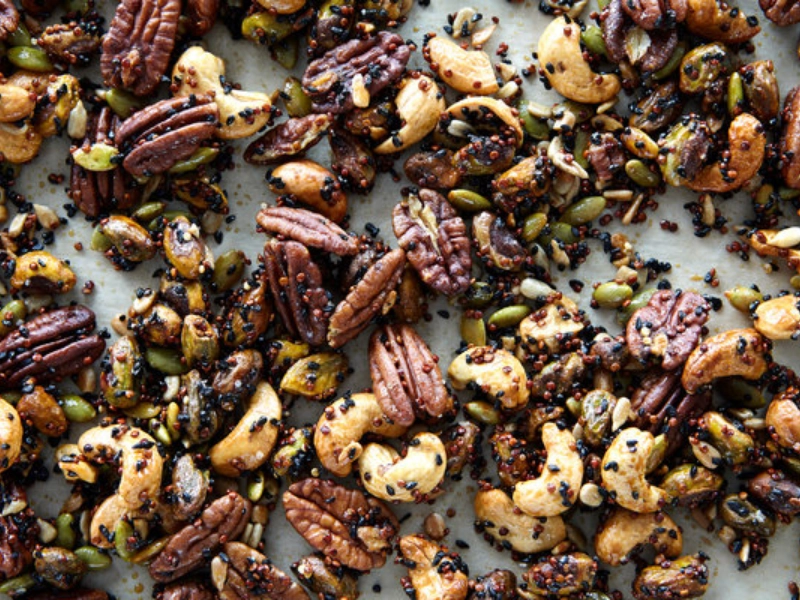 Nutrient-dense foods with a great variety of health advantages are nuts. Rich in good fats, protein, fiber, vitamins, and minerals, they are Each of the common varieties—almonds, walnuts, pistachios, and cashews—offers distinct nutritional value. Essential for general health and able to lower inflammation, the beneficial fats in nuts—especially omega-3 and omega-6 fatty acids—are furthermore rich in antioxidants. Nuts help to reduce oxidative stress and promote general well-being. Knowing the nutritious value of nuts emphasizes their possible help for menopausal women.
3. Nuts and hormonal balance
Nutrient-dense foods with a great variety of health advantages are nuts. Rich in good fats, protein, fiber, vitamins, and minerals, they are Each of the common varieties—almonds, walnuts, pistachios, and cashews—offers distinct nutritional value. Essential for general health and able to lower inflammation, the beneficial fats in nuts—especially omega-3 and omega-6 fatty acids—are furthermore rich in antioxidants. Nuts help to reduce oxidative stress and promote general well-being. Knowing the nutritious value of nuts emphasizes their possible help for menopausal women.
3. Nuts and hormonal balance
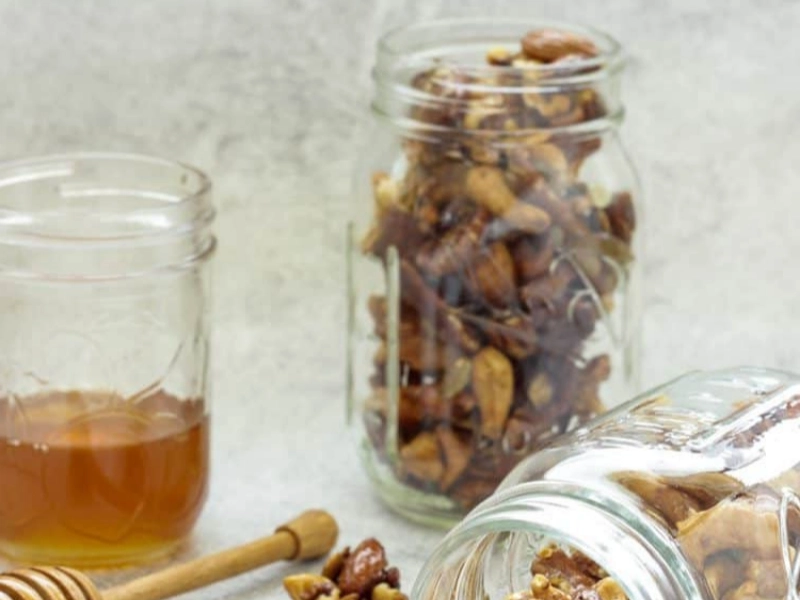 Hormonal balance is essential since the drop in estrogen levels during menopause might cause different symptoms. Phytoestrogens, plant chemicals like estrogen in the body, abound in nuts. By exerting a little estrogenic action, these substances can help reduce some menopausal symptoms. For instance, walnuts and flaxseeds are quite high in phytoestrogens and can help to improve hormonal balance. Including these nuts in the diet offers a natural way to support hormones and may help reduce symptoms including mood swings and hot flashes.
4. Menopause and Mental Health
Hormonal balance is essential since the drop in estrogen levels during menopause might cause different symptoms. Phytoestrogens, plant chemicals like estrogen in the body, abound in nuts. By exerting a little estrogenic action, these substances can help reduce some menopausal symptoms. For instance, walnuts and flaxseeds are quite high in phytoestrogens and can help to improve hormonal balance. Including these nuts in the diet offers a natural way to support hormones and may help reduce symptoms including mood swings and hot flashes.
4. Menopause and Mental Health
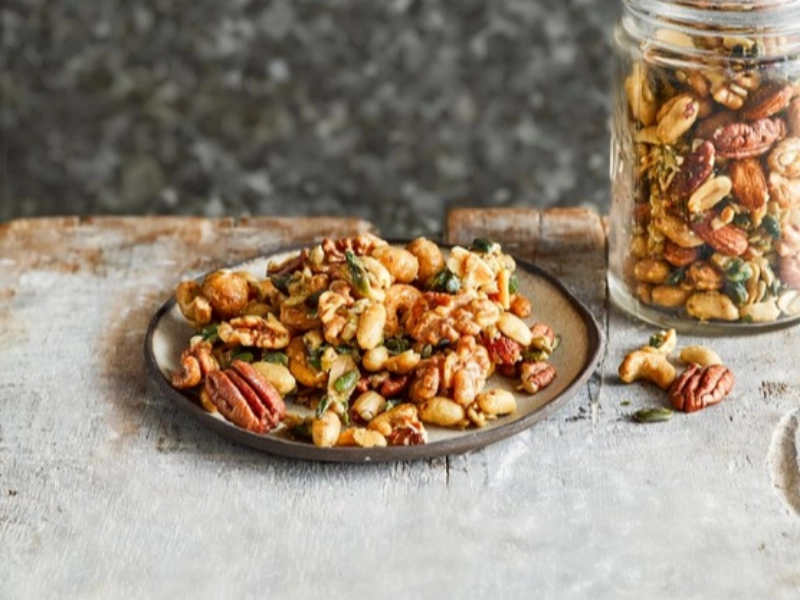 Women's major worry is their heart health, both during and after menopause, since declining estrogen levels raise their risk of cardiovascular disease. Promoting heart health can depend critically on nuts. Their great concentrations of omega-3 fatty acids and monounsaturated fats aid in minimizing inflammation and bad cholesterol. Studies have linked consistent nut intake to a reduced risk of heart disease. A balanced diet's inclusion of nuts helps promote cardiovascular health, which is especially crucial for women going through menopause's hormonal fluctuations.
5. Weight Control and Nuts
Women's major worry is their heart health, both during and after menopause, since declining estrogen levels raise their risk of cardiovascular disease. Promoting heart health can depend critically on nuts. Their great concentrations of omega-3 fatty acids and monounsaturated fats aid in minimizing inflammation and bad cholesterol. Studies have linked consistent nut intake to a reduced risk of heart disease. A balanced diet's inclusion of nuts helps promote cardiovascular health, which is especially crucial for women going through menopause's hormonal fluctuations.
5. Weight Control and Nuts
 Menopause brings a typical worry: weight increase, usually ascribed to hormonal changes and a slower metabolism. Because of their great protein and fiber content, which boost satiety and assist in appetite control, nuts can be a great friend in weight management. Though high in calories, research has indicated that modest nut intake does not cause weight gain and might even help in efforts at weight loss. Choosing nuts as a nutritious snack can enable women to control their weight and supply necessary nutrients to maintain general health throughout menopause.
6. Bone Integrity and Nuts
Menopause brings a typical worry: weight increase, usually ascribed to hormonal changes and a slower metabolism. Because of their great protein and fiber content, which boost satiety and assist in appetite control, nuts can be a great friend in weight management. Though high in calories, research has indicated that modest nut intake does not cause weight gain and might even help in efforts at weight loss. Choosing nuts as a nutritious snack can enable women to control their weight and supply necessary nutrients to maintain general health throughout menopause.
6. Bone Integrity and Nuts
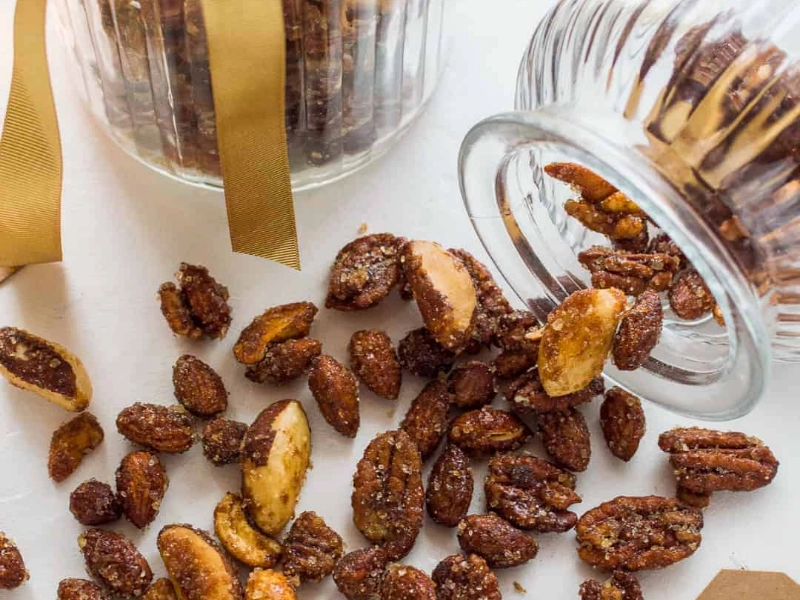 Maintaining bone density depends on estrogen, so its drop during menopause raises the osteoporosis risk. Calcium, magnesium, and phosphorus abound in nuts—especially almonds—all of which are vital for the health of bones. For women in menopause, these minerals are particularly valuable since they help preserve bone strength and density. Furthermore, helping the absorption of fat-soluble vitamins, such as vitamin D, which is essential for calcium metabolism and bone health, are the beneficial fats in nuts.
7. Including Nutrients in Your Diet
Maintaining bone density depends on estrogen, so its drop during menopause raises the osteoporosis risk. Calcium, magnesium, and phosphorus abound in nuts—especially almonds—all of which are vital for the health of bones. For women in menopause, these minerals are particularly valuable since they help preserve bone strength and density. Furthermore, helping the absorption of fat-soluble vitamins, such as vitamin D, which is essential for calcium metabolism and bone health, are the beneficial fats in nuts.
7. Including Nutrients in Your Diet
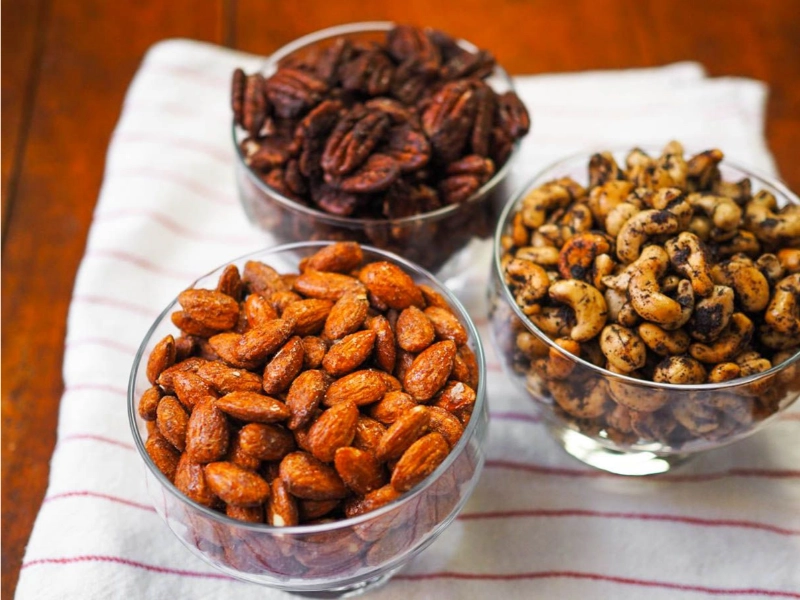 Including nuts in your everyday diet can be easy and fun. Raw, roasted, or added to many dishes—including salads, smoothies, and baked goods—they can be found in Another great choice for a dip for fruits and veggies or for whole-grain bread is nut butter. To get the advantages from nuts, aim for a handful several times a week. Moderation is important, though, since nuts pack calories. Menopause's general nutritional demands can be supported by juggling nut intake with other nutritious meals.
8. Potential Allergies and Thoughtfulness
Including nuts in your everyday diet can be easy and fun. Raw, roasted, or added to many dishes—including salads, smoothies, and baked goods—they can be found in Another great choice for a dip for fruits and veggies or for whole-grain bread is nut butter. To get the advantages from nuts, aim for a handful several times a week. Moderation is important, though, since nuts pack calories. Menopause's general nutritional demands can be supported by juggling nut intake with other nutritious meals.
8. Potential Allergies and Thoughtfulness
 Although nuts are quite healthy, one should be careful of possible sensitivities. Some people might be nut allergic, which would cause strong reactions. For people free of allergies, nuts can be a healthy and harmless dietary inclusion. Choosing unsalted, unprocessed kinds helps one avoid too much sodium and additives. Seeking advice from a nutritionist or healthcare practitioner will help one decide how best to include nuts in a menopausal diet.
9. Value of a Comprehensive Strategy
Although nuts are quite healthy, one should be careful of possible sensitivities. Some people might be nut allergic, which would cause strong reactions. For people free of allergies, nuts can be a healthy and harmless dietary inclusion. Choosing unsalted, unprocessed kinds helps one avoid too much sodium and additives. Seeking advice from a nutritionist or healthcare practitioner will help one decide how best to include nuts in a menopausal diet.
9. Value of a Comprehensive Strategy
 Although nuts can help menopause sufferers greatly, it is important to approach health holistically throughout this transitional period. Together with consistent exercise, a balanced diet high in fruits, vegetables, whole grains, and lean proteins will improve general well-being. Some menopausal symptoms can also be lessened by stress-reducing yoga and meditation. Women can better negotiate menopause's difficulties by emphasizing a whole lifestyle approach.
10. Overview of nuts' part in menopause support
Although nuts can help menopause sufferers greatly, it is important to approach health holistically throughout this transitional period. Together with consistent exercise, a balanced diet high in fruits, vegetables, whole grains, and lean proteins will improve general well-being. Some menopausal symptoms can also be lessened by stress-reducing yoga and meditation. Women can better negotiate menopause's difficulties by emphasizing a whole lifestyle approach.
10. Overview of nuts' part in menopause support
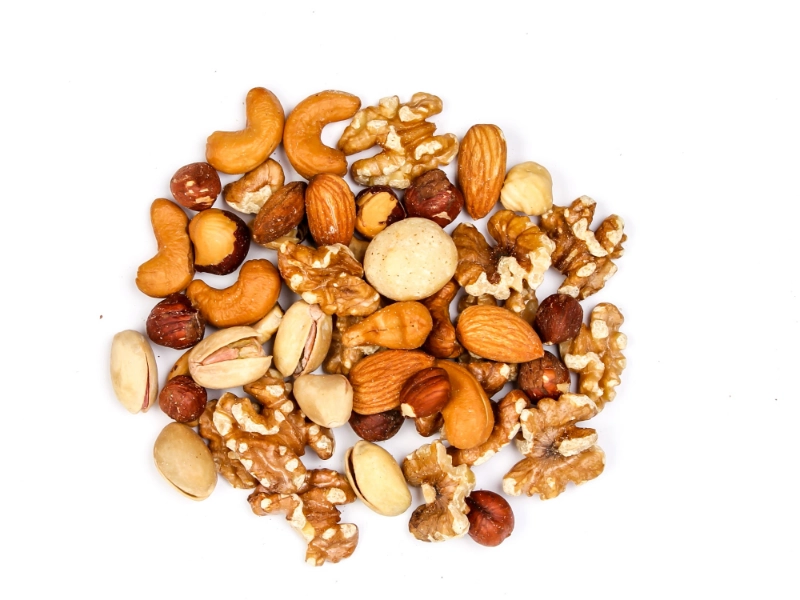 Promoting hormonal balance, heart health, weight control, and bone strength helps nuts naturally support women going through menopause. Their high nutritional value—including phytoestrogens, protein, and good fats—makes them a great complement to a menopause-friendly diet. Women can improve their general health and well-being during this major life change by including nuts in regular meals and snacks. Accepting the advantages of nuts together with a healthy lifestyle will help to ease menopausal symptoms.
Promoting hormonal balance, heart health, weight control, and bone strength helps nuts naturally support women going through menopause. Their high nutritional value—including phytoestrogens, protein, and good fats—makes them a great complement to a menopause-friendly diet. Women can improve their general health and well-being during this major life change by including nuts in regular meals and snacks. Accepting the advantages of nuts together with a healthy lifestyle will help to ease menopausal symptoms.
Advertisement
Advertisement
